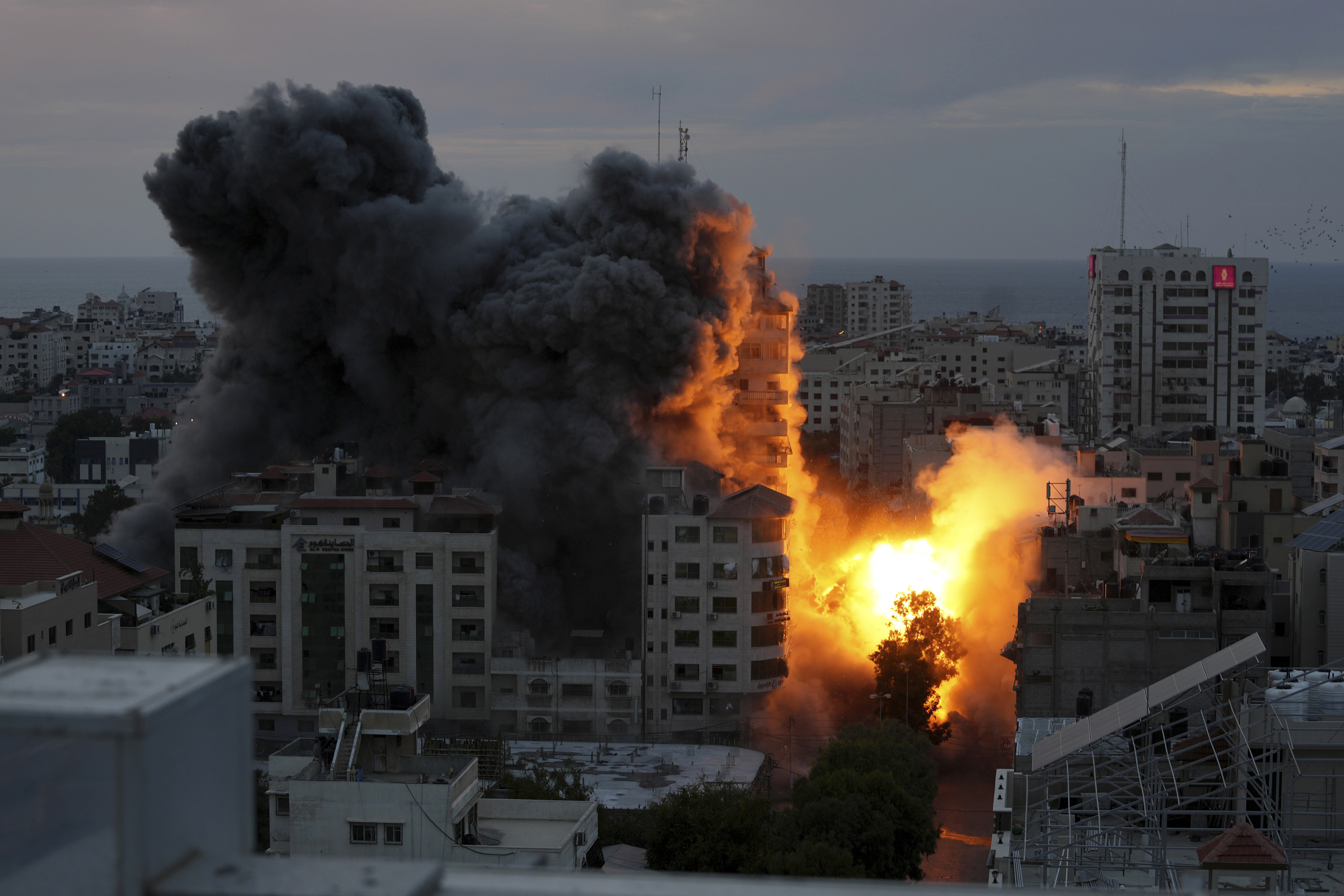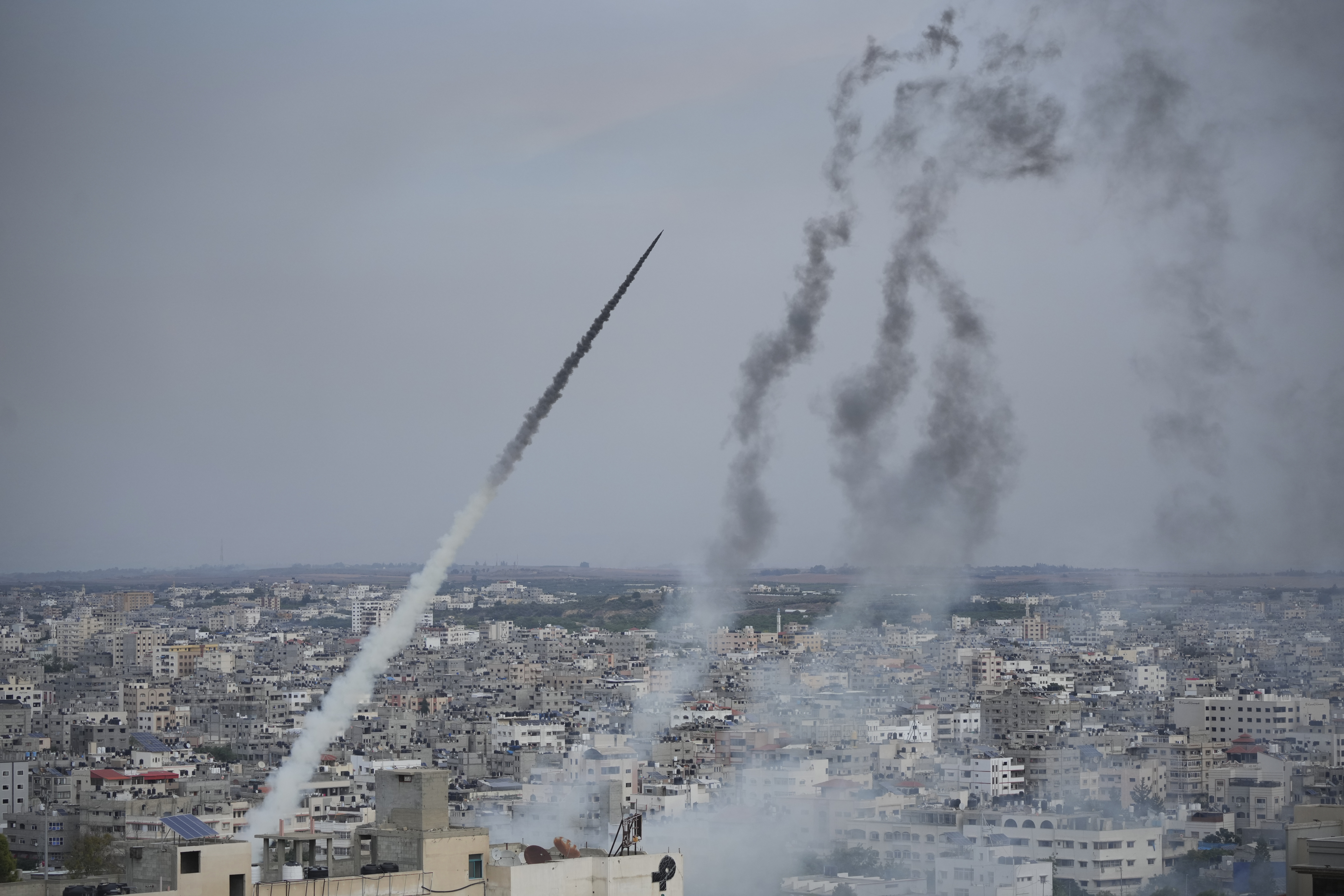Hamas's unprecedented attack on Israel comes at a time when the country faces historic domestic political division, growing violence in the West Bank, and high-stakes negotiations between Israel, Saudi Arabia and the United States.
After its members killed 200 Israelis and kidnapped dozens more, Hamas claimed it was taking revenge for a series of recent actions by Israel at Jerusalem’s Al Asqa mosque and in the West Bank. But Prime Minister Benjamin Netanyahu’s coalition government has been conducting an escalating crackdown against what it says are rising Palestinian terror attacks for more than a year.
Former U.S. intelligence and military officers said they believed the timing of the Hamas attack was primarily aimed at disrupting negotiations between Israel and Saudi Arabia as Riyadh appeared on the verge of a historic step to normalize relations with Israel.
Iran is seeking “to put pressure on their implacable foe Israel” with this attack, said retired Navy admiral James Stavridis, the former commander of NATO.
In an interview with NBC News‘ Lester Holt last month, Iranian President Ebrahim Raisi said, “we are against any bilateral relations between our regional countries and the Zionist regime,” a reference to Israel. Raisi added, “We believe that the Zionist regime is intending to normalize this bilateral relations with the regional countries to create security for itself in the region.”
Read the full story at NBCNews.com here.



